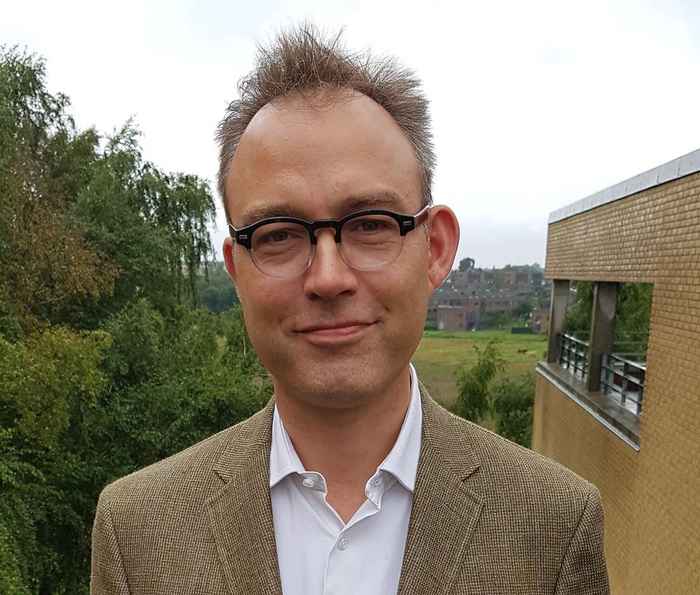Vossius Lecture in the History of the Humanities
- Date
- 7 June 2023
- Time
- 16:00
- Location
- University Library
- Room
- Doelenzaal

We moderns yearn for things of the past. Our cities are full of museums and archives, storing antiquities, manuscripts, and other material remains. We carefully preserve old buildings, monuments, and ruins. Millions of tourists every year travel to old cities and heritage sites. This yearning, I argue, has its roots in historical scholarship and the scholarly attempt to disconnect past and present and then to reconnect them again. It is a yearning for anachronism, for overcoming differences in time. It is also a relatively recent phenomenon. Focusing on nineteenth-century art museums, in Europe and Japan, the talk explores how the historical approach competed with other ways of engaging with artworks. The historical approach succeeded in this competition as an agent of modernity. The association between history and modernity is especially apparent in the Western encounter with the rest of the world. Knowledge of the past demarcated Western moderns from others and legitimized the violation and plunder of ancient temples and other heritage sites across the world, in the name of preservation and scholarship. At the same time, investigations of the past helped challenge traditions and norms, different from those of Western modernity. The collecting, storing, and exhibition of material remains became powerful tools for the transformation of the present. So, our yearning for things of the past is not just a consequence of modernity, but also a foundation. We are moderns because we yearn.
After the talk there will be a reception. You are welcome to join.
Kasper Risbjerg Eskildsen
Kasper Risbjerg Eskildsen is a historian of science. His work focuses on the history of the human sciences as well as the history of higher education in the modern era, from the 17th century to today.
He is currently working on two research projects, both of which have a global outlook. The first project, with the working title Things of the Past: A Modern Yearning, traces the engagement with the material remains of the past from Early Modern antiquarianism to recent discussions about the repatriation of material cultural heritage to former European colonies. The second project, Making Humans: The Human Sciences and the Modern University, investigates alternative models to the modern specialized university, emerging in different parts of the world during the last century, and asks how these have shaped our ideas about what it means to be human in the modern world.